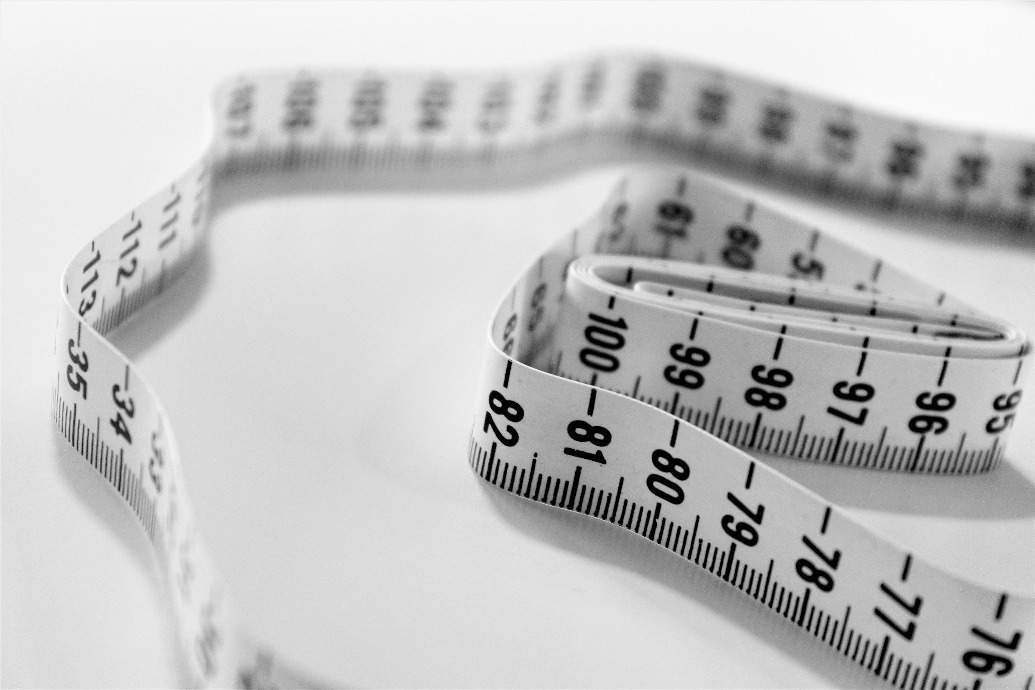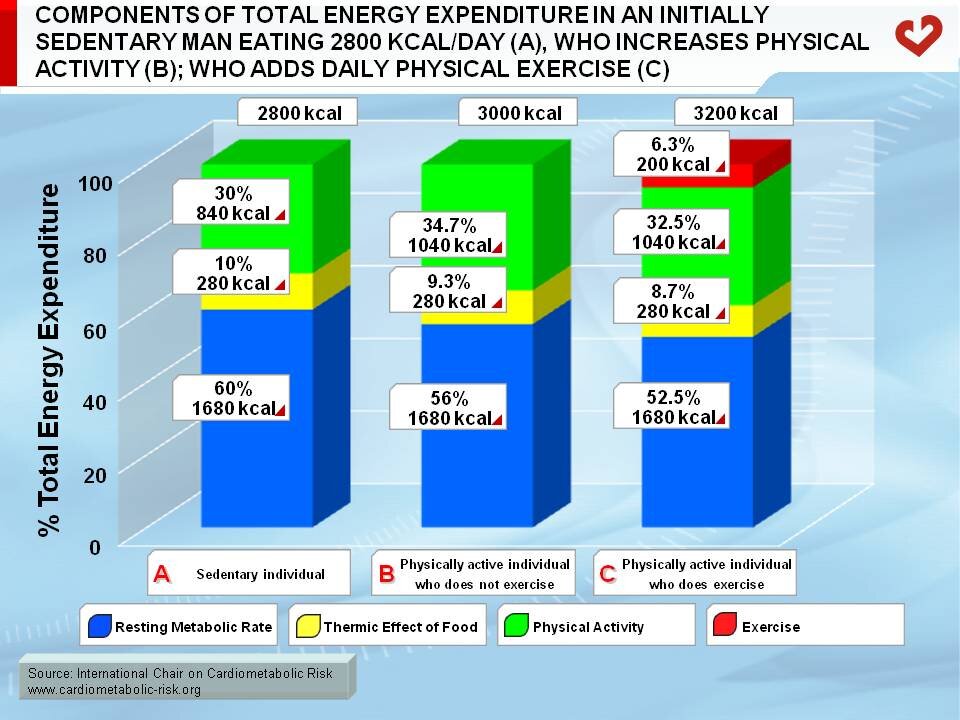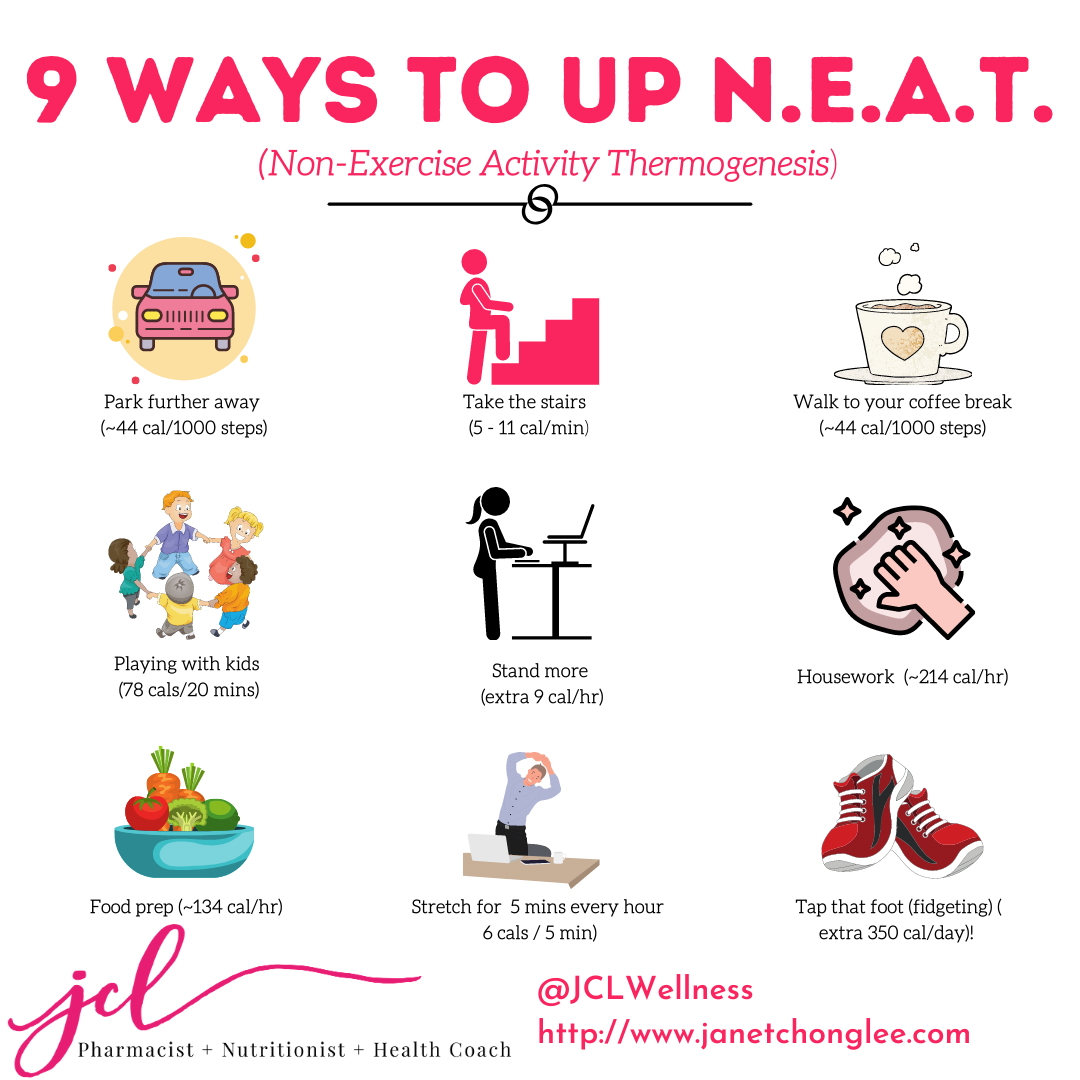Most people think that in order to lose weight, they have to dedicate time to work out and exercise. While there are many benefits to exercise, for most individuals - weight loss isn't one of them. One review suggests that some weight loss (around 5 lbs) may occur, but weight loss on an individual level is highly variable.
November 10th, 2020

Most people think that in order to lose weight, they have to dedicate time to work out and exercise. While there are many benefits to exercise, for most individuals - weight loss isn't one of them. One review suggests that some weight loss (around 5 lbs) may occur, but weight loss on an individual level is highly variable.
Most people think that in order to lose weight, they have to dedicate time to work out and exercise. While there are many benefits to exercise, for most individuals - weight loss isn't one of them. One review suggests that some weight loss (around 5 lbs) may occur, but weight loss on an individual level is highly variable.
In order to lose weight, you must use more energy than you consume. When we consume more energy than what our body needs, we end up storing this excess energy as fat. Before we dive in however, let's have a quick lesson on Energy Expenditure 101.
Everything that our body does requires energy, and these actions are grouped into a few general categories.
While these terms are slightly different, they are often used interchangeably. This is the minimum amount of energy our body needs to maintain vital functions. This includes breathing, circulating blood throughout our entire body, regulating our body temperature, blinking, etc. Our BMR accounts for a whopping 60-70% of our total energy expenditure. Our BMR is determined by our age, weight, height, and gender. Thus, a 6'3 230lb male will have a higher BMR than a 5'3 140lb female.
Did you know eating food requires us to burn energy? When we eat, our body has to work to digest (break down) the food and then absorb the energy and nutrients from food. How much energy we require for this process depends on the type of food we eat. Proteins requires more energy to break down and process; fats require the least amount of energy out of the 3 macronutrients. This contributes to around 5 - 10% of our total energy needs.
This is the energy we use when we perform purposeful exercise such as lifting weights, attending that spin class, or going for a jog. For less active individuals, this can make up 10-15% of their total energy needs. For very active individuals, physical activity may contribute up to 30% of energy needs.
This encompasses all the movement our body does that is not intentional physical activity. This includes walking from your work station to the washroom, housework, lifting kids or pets, strumming your fingers on your desk, taking the stairs, fidgeting, etc. The energy expenditure of N.E.A.T. is highly variable. For those with sedentary desk jobs, N.E.A.T. may not contribute much to the total energy needs. For those with physically demanding jobs, N.E.A.T. plays a larger role in energy expenditure.
Let's see how this plays out in a physically inactive man (A) who increases N.E.A.T. (B) and then adds physical activity (C).

As we increase N.E.A.T. and P.A., the BMR or RMR contributes slightly less towards the total energy expenditure (e.g. from 70% down to 60%).
So how can N.E.A.T. help? In one systematic review,, substituting standing for sitting for 6 hours of the day burned an extra 54 calories per day for a 70kg person. While burning an extra 54 calories per day may not seem like much, this adds up to an impressive 12,960 kcals/year (roughly 4 lbs). If you add in other N.E.A.T. habits such as taking the stairs instead of the elevator, walking to a washroom that's a bit further away, and parking your car a little bit further - these small increases in energy expenditure overtime amount to lots of energy spent in the long run.
There are other benefits to increasing N.E.A.T., including reduced risk of metabolic syndrome, cardiovascular events (e.g. heart attack), and all-cause mortality. With studies showing the detrimental health effects of being sedentary (you may have heard that sitting is the new smoking), N.E.A.T. is an effective method to counter physical inactivity during the day.
If you are interested in upping N.E.A.T., check out my neat (pun intended) infographic!

If you're interested in moving more throughout the day, you can journal 2 days of activity - a weekday and a weekend. You'll record every hour while you're awake, and whether you moved in that hour. You can identify times of the day when you are inactive and come up with ideas on how to incorporate more N.E.A.T. Your end goal may be eventually to move every hour, but everyone's goal is different.
Try out some of your ideas! See what worked, or didn't work. If it didn't work, try a different idea, or tweak it so it becomes more manageable.
It's important that you don't overwhelm yourself. Don't decide to park in the furthest spot, take the stairs to the 5th floor, and stand all day at your desk all in the same week. Small changes over time leads to big changes and success over time.
We have to let go of the mindset that you can only get fit if you work out and go to the gym but continue to sit on your butt all day. It is just as important, if not more - to move throughout the day and adopt a mindset of movement. - @JCLWellness
I akin this to dental care; while the combination of daily brushing and routine dental cleaning are best for optimal dental health, it is more important that you brush and floss your teeth daily (i.e. N.E.A.T. and moving throughout the day) than getting it professionally cleaned every 6 months (e.g. scheduled workouts but being inactive for the rest of the day).
If you're interested in incorporating N.E.A.T. in your life, I would love to work with you and your goals! I can help you identify areas of opportunity specific to your lifestyle, and help you build confidence to master your own health! Click here for more information about the services I offer.
- Janet
Copyright © 2021 JCL Wellness.
All rights
reserved.